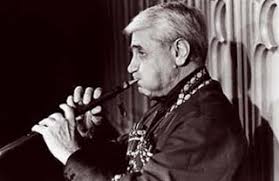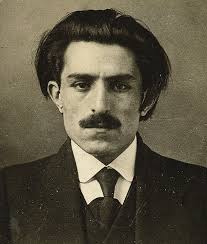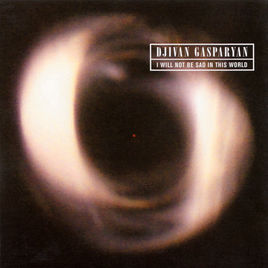
There is a concept in north Indian (and by using that designation I include Pakistan) poetry known as judai. An Urdu word, judai means ‘the state of separation’. The distance that exists between a lover and his beloved. Or the exile and his homeland.
The distance is wide. At the time it seems insurmountable. Though the beloved is far away and uncommunicative if not for society or family or Fate, she would surely be by my side. I may be alive here in this foreign place (pardes) but circumstances (cruel or practical) keep me far away from home (des).
In judai there is an agony that is close to despair. All is dark except for the flickering memory and the flickering single candle. I express my love and my desire to be reunited but my words are subsumed by the night. I’ve no confidence that my wish will ever be granted.
But judai is a strange torture. There is a sweetness. A sweetness that is born in the confirmation of pain. And hope of its relief. Indeed, judai is a concept that exists only at that delicate point of trembling hope. Because all appears hopeless and I am abandoned–I am alone—the beloved’s affection is more acutely felt. And for that imagined moment, there is no joy like it. The joy of anticipation of reunion. The daydream of stepping onto the hard red soil of home. Precisely, because love appears lost its very possibility is overpowering.
You are going, sad and wordless,
I don’t know where,
like a morning star fading into blue air.
I am going, alone, aimless,
on the thoroughfare
like abandoned paper blowing unaware.
You are going, hiding from me
tears from a damaged heart.
And I’m knowing, uncomplaining,
this is death’s path we start.
This is a poem by Armenian patriot and revolutionary Vahan Terian, whose writings continue to inspire Armenians all across the world. It captures some of the sense of judai. Djivan Gasparian, one of the great living musicians of any nationality, is the preeminent player of the duduk (Armenian double reed oboe) and like Terian, a national icon. Much of Gasparian’s inspiration has come from the poetry of Terian which was written at a time of massive upheavel for the Armenian people. The holocaust of the Turkish led genocide against Armenians, the first such horror of the 20thcentury, was in full swing at the same time Lenin’s Soviet forces were struggling to ‘liberate’ and consolidate a new anti-feudal, anti-imperialist world order. Armenia, an ancient nation but an unborn state, was caught in the cross hairs.

Millions fled the homeland and eventually established the successful, wealthy Armenian diaspora. But for most of the rest of the 20th century they could only look back with sadness to the motherland from their distant new homes.
It should come as no surprise then that the music of Gasparian and many traditional Armenian musicians is full of judai. In this particularly moving album I Will Not Be Sad in This World, recorded originally in the early 1980s for Russian label Melodiya, Gasparian captures the mournful dread that haunts the soul of every separated lover and displaced patriot. In the slow waves of sound that flow from the duduk Gasparian sends forth a sound that is haunting beyond words. But absolutely beautiful in its purity of purpose. It is like nothing I’ve ever heard. Its ethereal elegance echoes the vocals of fellow Armenian singer Lusine Zakarian; both seem to come from some place of uncreation beyond time.
Stunning is the true descriptor of this music.

Track Listing:
01 A Cool Wind Is Blowing
02 Brother Hunter
03 Look Here My Dear
04 I Will Not Be Sad in This World
05 Little Flower Garden
06 Your Strong Mind
07 The Ploughman
08 Dle Yaman